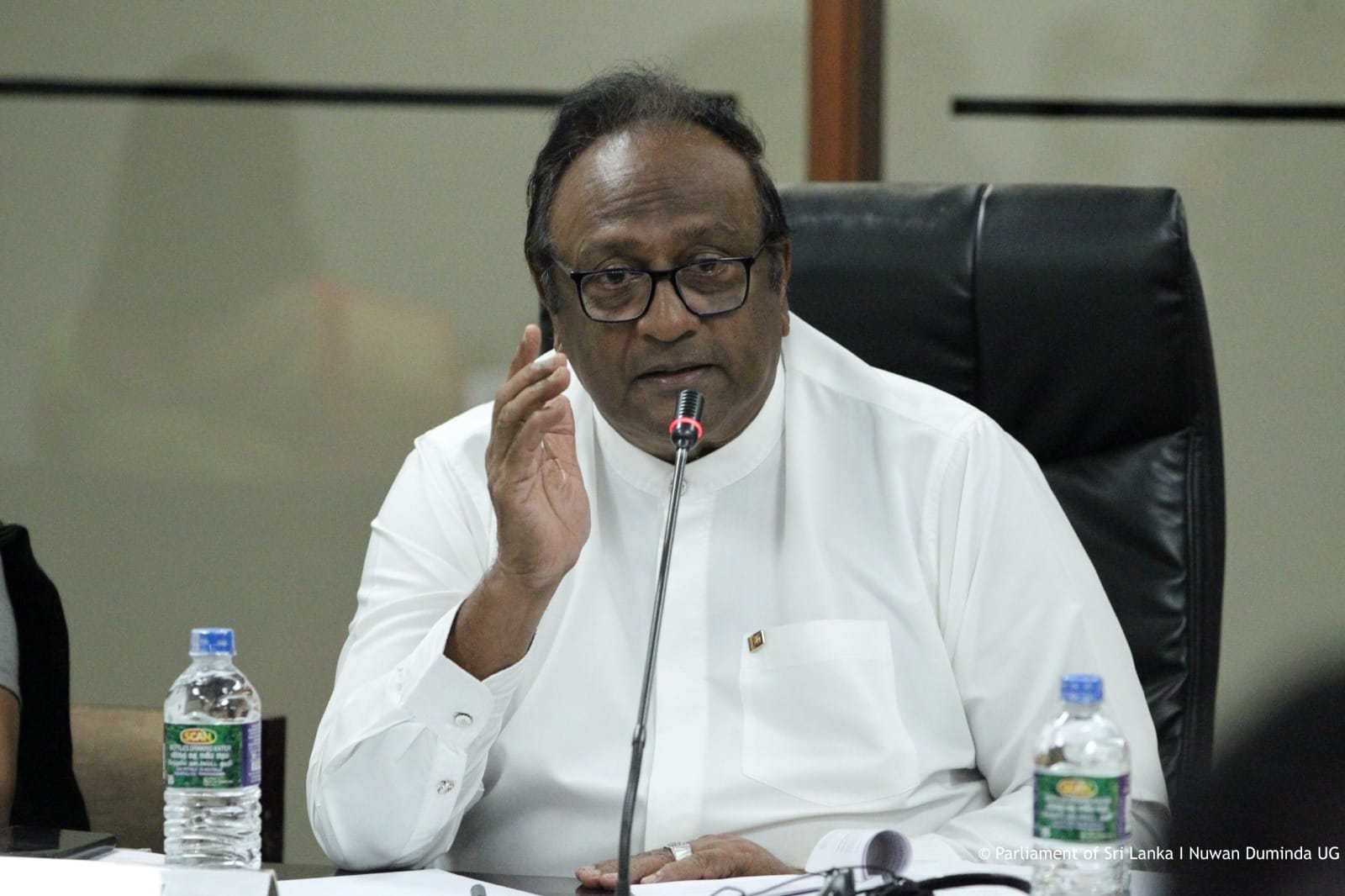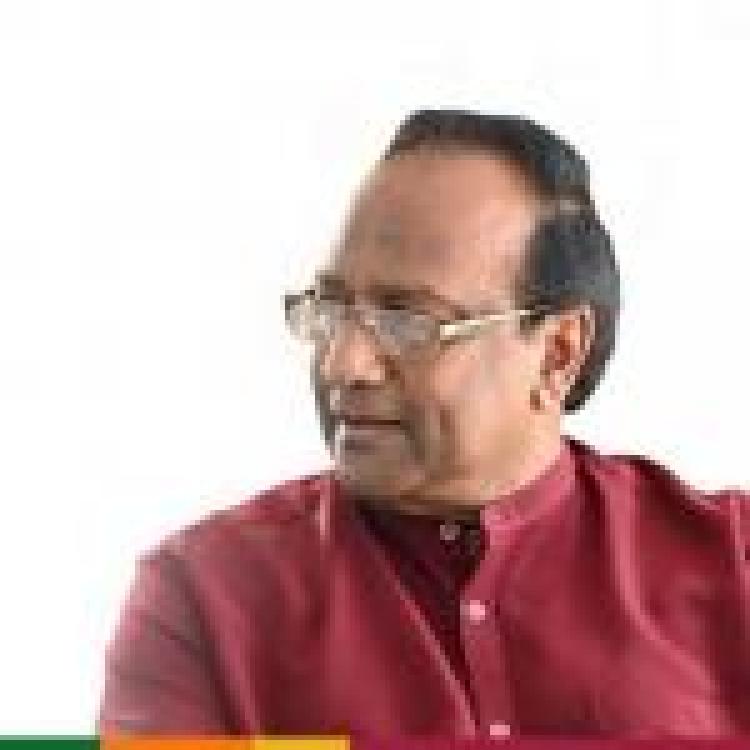
A Sri Lankan parliament panel has “summoned” representatives from the Foreign Ministry, Defence Ministry, chief of all three forces, and attorney general, over fears the country may be taken to the International Criminal Court (ICC) or International Court of Justice (ICJ) over its massacre of the Tamil people in 2009.
Sarath Weerasekera, a legislator and retired Navy Admiral as well as the Chairman of the Sectoral Oversight Committee on National Security, reportedly summoned the officials for a Parliamentary committee citing the threat of Sri Lanka troops being brought before international courts over the mass atrocities.
“Our military officers when travelling out of Sri Lanka could be arrested and produced before the International Court of Justice (ICJ) and International Criminal Court (ICC),” he told reporters. “We have that threat now.”
The summoning of senior officials comes as key figures in Britain’s Labour Party reiterated the importance of Sri Lankan being referred to the ICC. The call for international accountability has been demanded by Tamils for years, and is amongst the key recommendations that have formed the UN High Commissioner for Human Rights' report.
Weerasekera also spoke on resolutions that have been passed at United Nations Human Rights Council, the most recent of which mandates an evidence gathering mechanism “to support relevant judicial and other proceedings, including in Member States, with competent jurisdiction”.
“Though our government and Foreign Ministry had rejected this mechanism, this process is now on. According to this mechanism, legal cases can be filed in different countries under international jurisdictions against the military leaders and those officials who gave orders to the military,” he said. “This will impact the army's morale and threaten the country’s national security.”
Weerasekera went on to reiterate his government’s rejection of such a mechanism and of the UN resolutions.
He also went on to claim that travel bans imposed on suspected Sri Lanka war criminals were “a violation of the Geneva act,” though it is unclear which act he was referring to.
Last year, in a similar fashion, Weerasekera vowed to ward off international pressure by submitting a report detailing the “real state of affairs.”
When Weerasekera was the Minister of Public Security, he criticised the UN Human Rights Council sessions, claiming the body was being used by the Tamil diaspora and Western states to weaken Sri Lanka.
More than 167,000 Tamils remain unaccounted for after Sri Lanka’s military offensive concluded in 2009. The campaign, which saw repeated bombing of hospitals and safe zones, is being increasingly recognised as a genocide.

